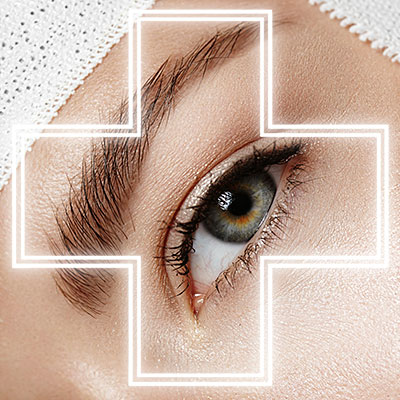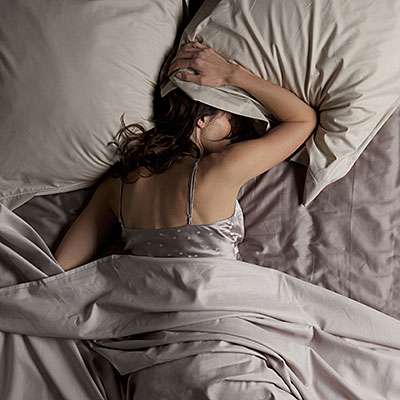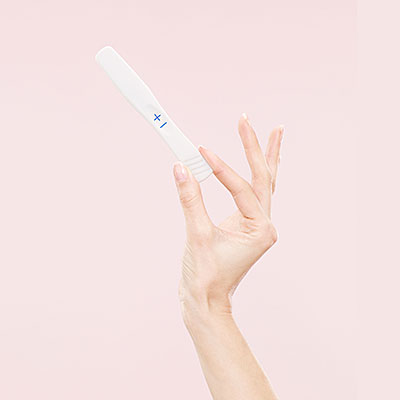You drift off at night like a newborn baby yet can't recall the last time you woke up truly refreshed. It may not seem that weird: "People tend to assume that because our modern lives are so hectic, nobody feels rested," says Meir Kryger, MD, a professor at the Yale School of Medicine. But the reality is, you might have a sleep disorder and not even know it. There are a handful of problems that can cheat you out of quality slumber, leaving you more tired in the morning than you were when you went to bed. Find out what could be going on between your sheets and how to catch more restorative z's, starting tonight.Sleep Problem No. 1: You snore like a sawThose snuffle-snorts mean that your slack tongue and throat muscles are narrowing your airway, possibly due to the shape of your soft palate or any extra weight you're carrying.Although you're likely to wake up if you get short of breath, it may not be for long enough to remember. Some people wake dozens or even hundreds of times a nighta disorder known as sleep apnea that increases the risk of heart disease, stroke and possibly osteoporosis, according to a new study in the Journal of Bone and Mineral Research. "Those repeated awakenings are as disruptive as someone pinching you every two minutes all night long," says Safwan Badr, MD, chief of the division of pulmonary, critical care and sleep medicine at Wayne State University School of Medicine in Detroit.Sleep aid: If you rarely wake up feeling bright-eyed, see a specialist to get checked for sleep apnea.(Three to 9 percent of women between the ages of 30 and 70 suffer from it.) If you have the condition, a CPAP machine and mask can help by keeping your pharynx open with a steady stream of air.To quiet your snore, avoid rolling onto your backa position that makes your airway more likely to collapse. Rachel Salas, MD, associate professor of neurology at Johns Hopkins University School of Medicine, suggests this little trick: Sew a tennis ball into the pocket of a sweatshirt and wear it backward to bed.RELATED: 14 Reasons You're Always TiredSleep Problem No. 2: You grind your teethDo you wake up with a sore jaw or get chronic headaches? If so, you may be gnashing your ivories overnight. All that clenching can cause enough pain to interfere with your shut-eye (not to mention wear down your enamel). Experts believe that teeth grinding, which about 16 percent of us do, is associated with anxietythough an abnormal bite and antidepressants can also play a role.Sleep aid: A dentist will fit you with a mouth guard. If you're clamping down because you're overwhelmed and overloaded, find a healthier way to manage stress, urges Michael A. Grandner, PhD, an instructor in psychiatry at the Perelman School of Medicine at the University of Pennsylvania. "It's also crucial to spend plenty of time winding down before bed so you drift off in a calm, relaxed state," he adds.RELATED: 11 Signs You're Sleep Deprived
Next Page: Sleep Problem No. 3: Your body clock is off
Sleep Problem No. 3: Your body clock is offNot even drowsy until the wee hours? Delayed sleep-phase syndrome (DSPS) is the technical term for this disorder, which afflicts 10 percent of people who seek help for insomnia. It involves a biological glitch that prevents your body from making melatonin (the sleep hormone) until 12 a.m. or later. A prime sign you've got DSPS: You've been a night owl since high school. The syndrome is common among teenagers and sometimes persists into adulthood. If you're not squeezing in at least seven hours of z's a night, you're at greater risk of high blood pressure and diabetes. What's more, a recent study published in Cognitive Therapy and Research found that people who nod off late (and get less sleep as a result) tend to experience more negative thoughts.Sleep aid: Begin by improving your sleep hygiene. Cut back on caffeine. Avoid tech and television starting 90 minutes before bedtime. Create a soothing wind-down routine. And get some sun first thing in the morning to help reset your body's 24-hour rhythm. "In 80 percent of cases, these strategies lead people to conk out earlier," Dr. Badr says. If they don't do the trick, a specialist may prescribe synthetic melatonin, as well as light therapy with a medical lamp to use in the morning.RELATED: 20 Things You Shouldn't Do Before BedSleep Problem No. 4: Your legs feel jittery at nightThat creepy-crawly feelingaptly called Restless Legs Syndrome (RLS)troubles as many as 1 in 10 people and is thought to be linked to a dysfunction in the way the brain processes the neurotransmitter dopamine. However, in some cases it suggests a nutritional deficiency, Dr. Kryger notes: "With people who have low iron, there seems to be overactivity in parts of the brain that results in an urge to move the legs."Sleep aid: Ice packs, warm packs, massages, a bathany of these remedies might help, says David N. Neubauer, MD, associate professor of psychiatry at Johns Hopkins University School of Medicine: "Different things seem to work for different people."Also, talk to a sleep doc about trying an RLS drug. Be sure to mention your current prescriptions because some meds (including certain antidepressants) reduce dopamine activity. Get your iron levels checked, too, Dr. Gardner advises: "Sometimes a supplement is the only treatment necessary."Sleep Problem No. 5: You sleepwalkand even sleep eatFor reasons that aren't completely understood, somnambulists are partially aroused in the nightoften from the deepest stage of slumber (called slow-wave)and proceed to wander around the house. The behavior, which may affect up to 4 percent of the population, appears to run in families and is more likely to occur with sleep deprivation. Another trigger: taking zolpidem (one of the most popular sedatives), according to Robert S. Rosenberg, DO, author of Sleep Soundly Every Night; Feel Fantastic Every Day.Additionally, 1 to 3 percent of people who experience such a zombie-like state actually raid the kitchen. Called sleep-related eating disorder, this condition often strikes women on a diet, who go to bed hungry.Sleep aid: Benzodiazepines (aka tranquilizers) can sometimes help, and so does getting more sleep. As long as your nocturnal adventures don't involve anything risky (like, for example, baking cookies), you may not need medication, Rosenberg says: "Just make sure you safety-proof your home by clearing out clutter and stowing away sharp objects." If you're a nighttime roamer, let your partner know that the ideal approach is to gently lead you back to bed.RELATED: Best and Worst Foods for Sleep










